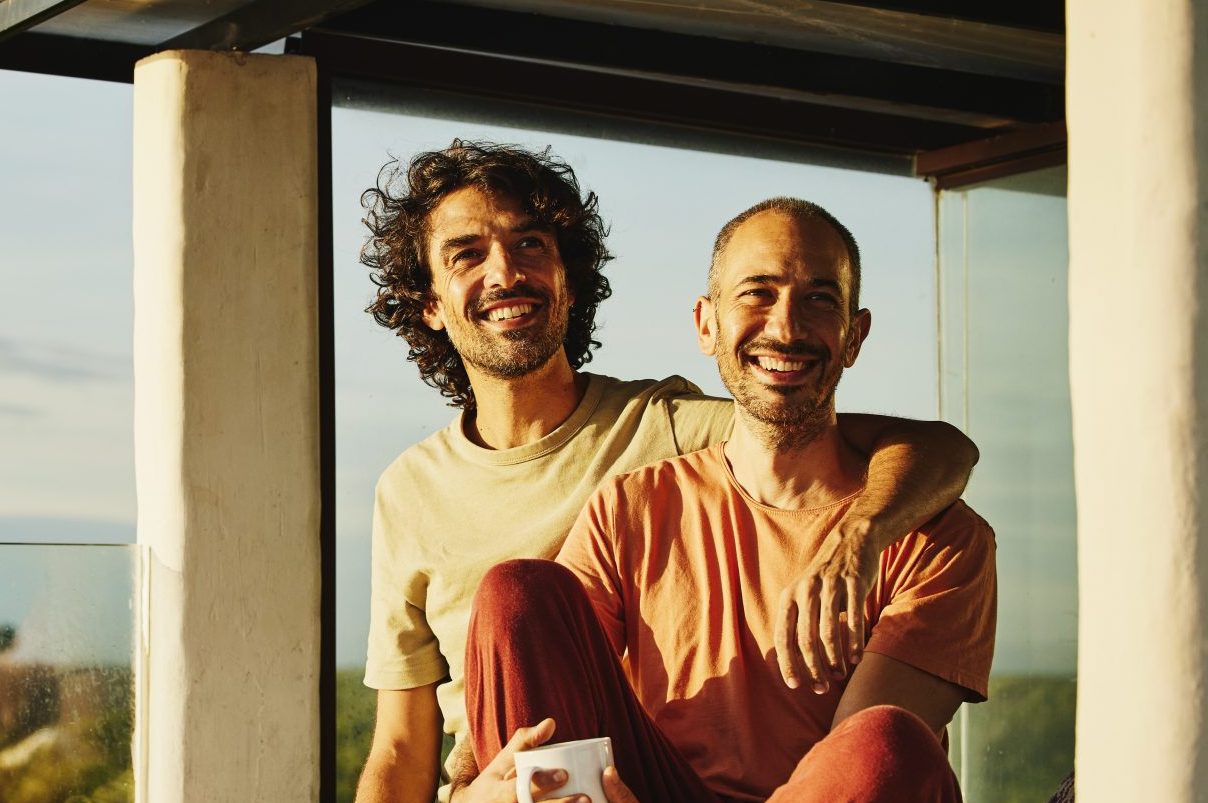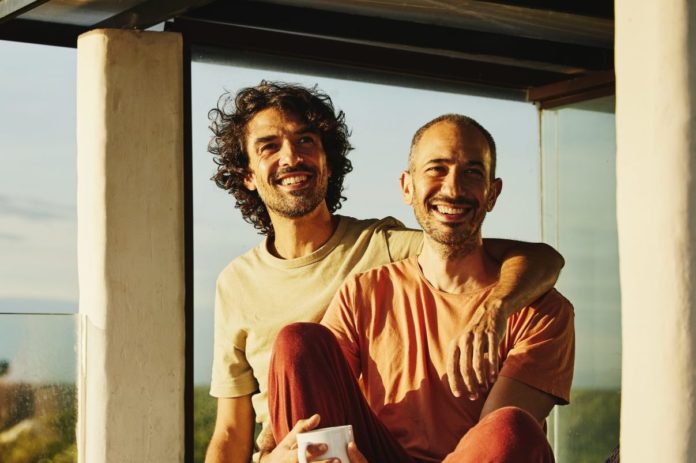
Skift Take
Word of mouth is a powerful factor for where travelers choose to stay. So hotels need to emphasize a welcoming atmosphere instead of certifications that may be insignificant to prospective guests.
LGBTQ travelers have been enormously enthusiastic about getting back on the road since the widespread easing of travel restrictions. But despite their economic clout, many are still experiencing discrimination when traveling as nearly half of LGBTQ travelers reveal they’ve faced such mistreatment.
However, as travel companies are increasingly developing or growing certified LGBTQ-friendly hotel programs year-round beyond Pride Month in June, official certifications often aren’t the main factor LGBTQ travelers consider when choosing accommodation.
“It’s all very well for a hotel to profess it’s LGBTQ friendly, but really it can only gain that accolade if it can successfully demonstrate that all LGBTQ customers who visited think it is friendly,” said Darren Burn, the CEO of Out of Office, a luxury tour operator specializing in LGBTQ travel.
He believes that hotels need a lot more than a certain certification to be considered LGBTQ-friendly.
“Does an LGBTQ+ customer have a similar experience to all other customers at the hotel? Are they welcomed in the same way, do staff interact with them in the same way, are other customers who act poorly towards them dealt with by the hotel?,” he said when asked how hotels can demonstrate they’re LGBTQ-friendly.
“If you have a policy where you ensure all customers are treated as equal, then that should ensure that the community will have a good time at your property and recommend it to their friends and tell the world online that you did a good job.”
But as close to 70 percent of LGBTQ travelers have said they tend to stay at hotels they consider welcoming, global travel and hospitality provider Sonders and Beach believes that official certification will help those in the community find friendly accommodation. It’s partnering with international certification body RINA to launch the QueerVadis Certification Program, a new effort to identify and certify hotels that vow to guarantee a safe and inclusive environment for LGBTQ travelers. Companies must pass a 60-point bar to obtain certification.
“There are many programs that aim to label a hotel or destination as LGBTQ Welcoming simply by signing a code of ethics or holding an online webinar,” said Alessio Virgili, the co-founder and CEO of Sonders and Beach. “(That) is not enough.”
Getting to the point where Sonders and Beach could develop criteria for how welcoming hotels are has taken a lot of work. A team of researchers at its Italy and U.S. headquarters — in collaboration with Associazione Italiana del Turismo Gay & Lesbian, the country’s LGBTQ Tourism Board — spent roughly a year, after announcing their project in 2021, conducting research about topics pertaining to LGBTQ travelers and the battle against homophobia. Virgili added that Sonders & Beach organized focus groups and interviews with opinion leaders from the LGBT community and the tourism sector.
Although the hotels with QueerVadis certification are largely based in Italy at the moment, Virgili has major plans to broaden its scope.
“This is not going to be a local certification,” he said, adding that Sonders & Beach has heard from travel companies in the U.S. and other European countries regarding the program. Sonders & Beach hopes to expand to the U.S. next year.
Meanwhile, Out of Office is planning to grow its TravelGay Approved program, which contains more than 30,000 reviews for LGBTQ-friendly hotels and venues, on sister site Travel Gay.
“We want our site to have LGBTQ+ relevant reviews for every property on earth,” Burn said, adding that Travel Gay will heavily promote its review system to allow visitors to review properties from an LGBTQ+ perspective.
While Burn said that travel companies need to provide relevant and up-to-date information about hotels, citing his disbelief at finding out-of-date information about a Mexican hotel prior to a planned stay, Virgili admits Sonders and Beach has work to do in that regard.
“The certification process is not immediate,” he said. “It takes time and we want to be completely (organized) and ready before sharing info.”
Virgili sees the detailed progress necessary to obtain QueerVadis certification as a strength of the program, especially since certification is conducted by a third party — RINA. He added that similar programs that were unsuccessful in the past were limited to asking travel companies to sign ethical commitments without examining, among other things, their marketing practices, human resources management and whether they’d adopt diversity and inclusion policies.
“Our protocol provides a complete path that goes from assessment to gap analysis, training sessions, etc.,” Virgili said.
Regarding diversity and inclusion, Virgili noted something missing in the travel industry — a non-binary certification program. “There are many norms in the diversity and inclusion topics, but they consider binary genders,” he said. “We (will) try to cover that gap in the field.”
Burn absolutely believes appealing to different segments of the LGBTQ community will pay dividends for travel companies.
“Equality and diversity are actually really good business tools,” he said. “The LGBTQ community is proven to spend more in resort than heterosexual counterparts and because of the powerful network effect. It is also great for business.”








